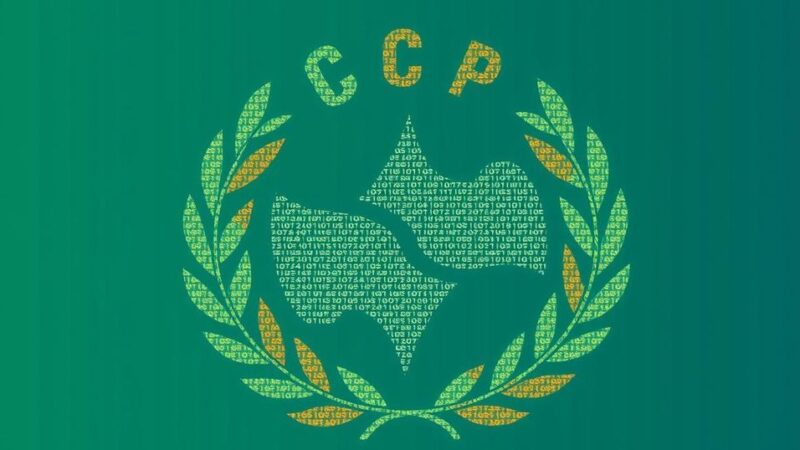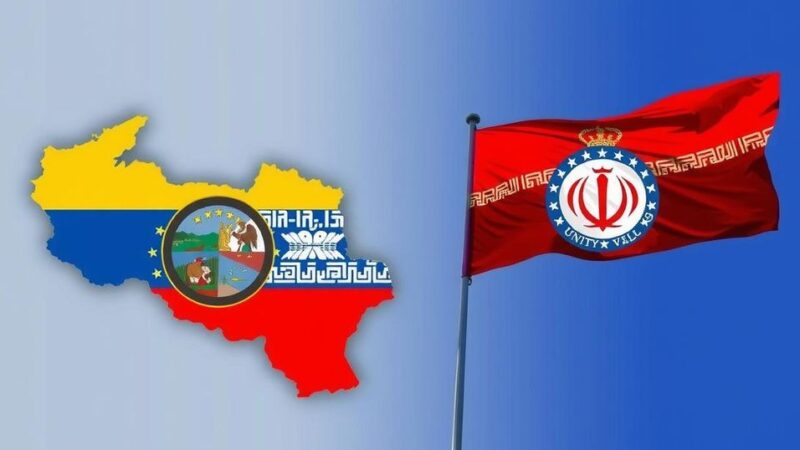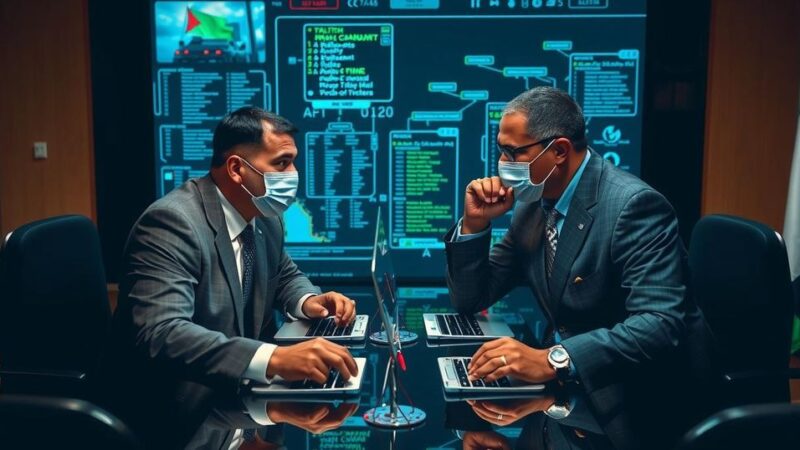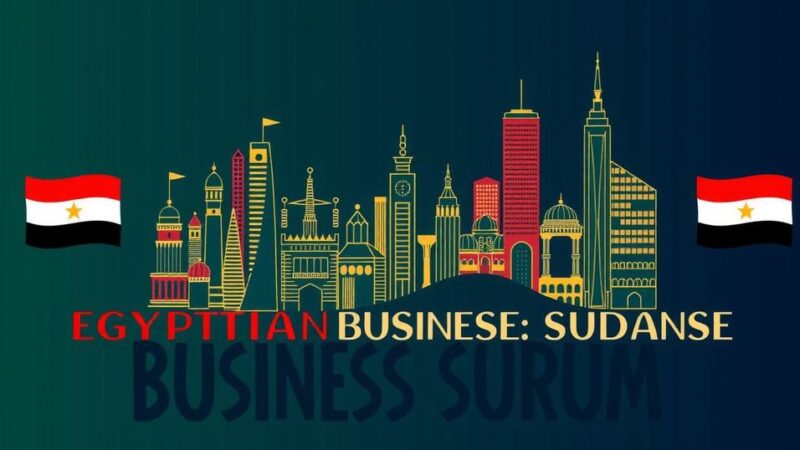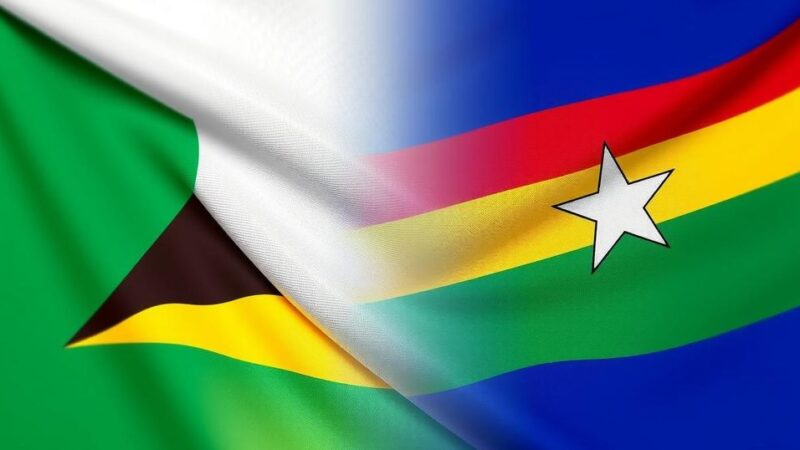The editorial discusses the profound involvement of foreign powers in Sudan’s civil war, highlighting the UAE’s accusations against the SAF, the humanitarian crisis affecting millions, and the geopolitical interests at play. It emphasizes the need for increased international attention and intervention to resolve the ongoing conflict, given the dire implications for Sudanese civilians.
Foreign involvement in Sudan’s ongoing civil conflict has come under increasing scrutiny, highlighting the tragic toll on civilian lives amidst geopolitical interests. Since the onset of hostilities in April, the death toll has soared into the tens of thousands, with a particularly alarming situation reported following the United Arab Emirates (UAE) accusation that the Sudanese Armed Forces (SAF) bombed its ambassador’s residence in Khartoum, a claim that the SAF has firmly denied, attributing the strike to the paramilitary Rapid Support Forces (RSF), allegedly supported by the UAE. Both factions, the SAF led by Abdel Fattah al-Burhan and the RSF under Mohamed Hamdan Dagalo (commonly referred to as Hemedti), are implicated in committing war crimes, with foreign powers exacerbating the conflict through their support. The constant influx of armaments has precipitated a humanitarian catastrophe, with recent reports from United Nations experts accusing combatants of employing starvation tactics against a staggering 25 million civilians. Approximately 10 million individuals have been displaced, while diseases such as cholera and widespread hunger continue to plague the nation, which is now experiencing one of the gravest hunger crises in the world. Although the autumn harvest brings a temporary respite for some, the long-term prospects remain dire as both factions continue to target organizations and volunteers that assist the starving populace. In a situation that echoes the suffering wrought by conflicts led by powerful factions, it is particularly tragic to witness the Sudanese citizens, who once strived for a transition to civilian governance following the ousting of a dictator, being sacrificed to the arbitrary interests of external actors. Contrary to UAE assertions of neutrality concerning the RSF, credible allegations of arms shipments paint a different picture. The UAE’s interests hinge upon securing strategically significant Red Sea ports and valuable resources including gold and land. Meanwhile, Saudi Arabia and Egypt’s inclination towards the SAF reveals a regional power struggle, with the ongoing conflict sometimes characterized as a Middle Eastern confrontation manifesting in Africa. Notwithstanding the urgency of the humanitarian crisis, key international actors have shown a lack of focus on Sudan. Recent diplomatic engagements, notably between UAE leader Mohamed bin Zayed Al Nahyan and President Joe Biden, barely mentioned Sudan, despite the critical situation unfolding there. Moreover, a new report from the Carnegie Endowment for International Peace indicates that U.S. officials have historically failed to translate their rhetorical support for Sudan’s democratic aspirations into effective strategic planning or tangible assistance. During the Trump administration, pressure was primarily directed towards the transitional government to recognize Israel within the framework of the Abraham Accords, overshadowing critical on-ground realities in Sudan. Attempts to reconcile the competing general’s factions have faltered; General Burhan’s denial of the challenges he faces raises further concerns about finding a resolution in Sudan without substantial consensus among key regional players, including the UAE, Saudi Arabia, and Egypt. Lackluster U.S. engagement compounds the problem, while it remains imperative for the United Kingdom, as a leader within the UN Security Council regarding this issue, to amplify their efforts. Concurrently, facilitated actions such as cultural boycotts and protests may compel the UAE to reconsider its foreign policy maneuvers.
Sudan has been embroiled in conflict since April 2023 due to a power struggle between the SAF and the RSF. The civil unrest has drawn in various foreign powers, each pursuing their interests, exacerbating an already dire humanitarian situation. The involvement of these governments has permitted and facilitated the commission of atrocities against civilians, with reports of strategic resource acquisition, humanitarian neglect, and the use of starvation as a weapon against the populace gaining traction.
In conclusion, the ongoing civil war in Sudan, fueled by foreign interests and the support of external powers, has resulted in a catastrophic humanitarian crisis. The involvement of countries like the UAE, Saudi Arabia, and Egypt in supporting rival factions only serves to prolong conflict and exacerbate suffering among civilians. Without substantial international pressure and cooperation, any resolution appears unlikely, leaving Sudan’s future hanging precariously in the balance. It is imperative for global leaders to prioritize humanitarian considerations in their foreign policy decisions concerning Sudan.
Original Source: www.theguardian.com

